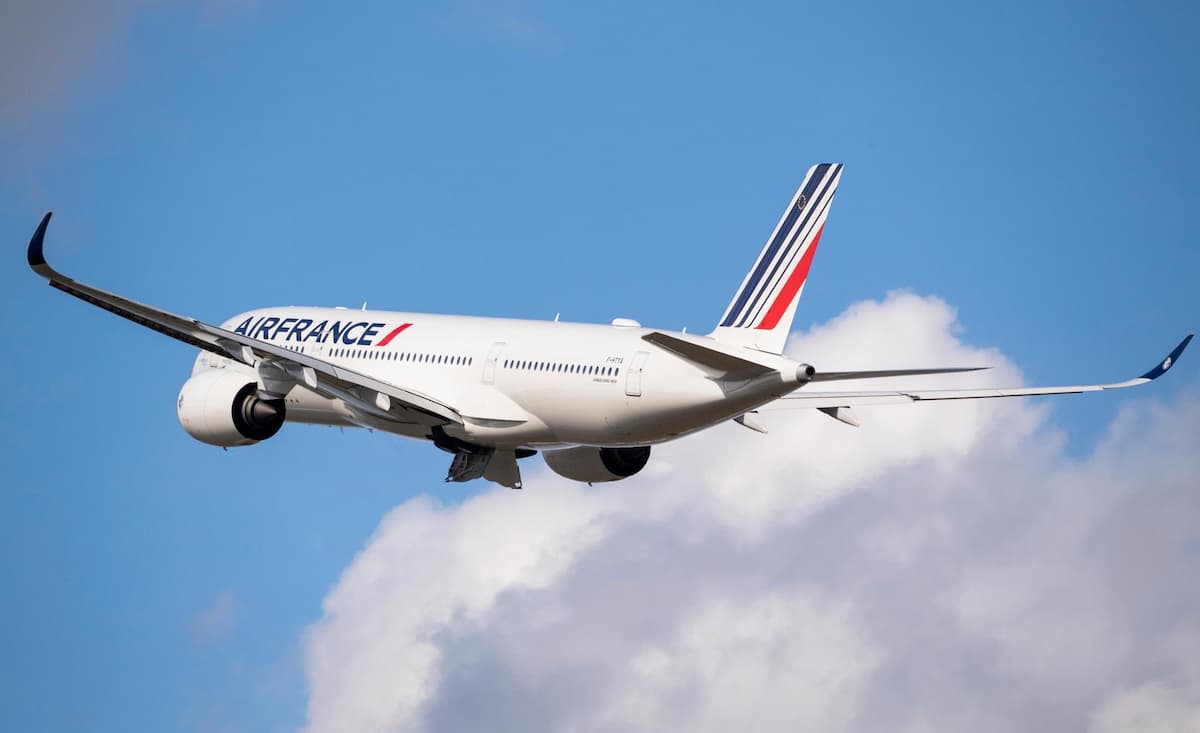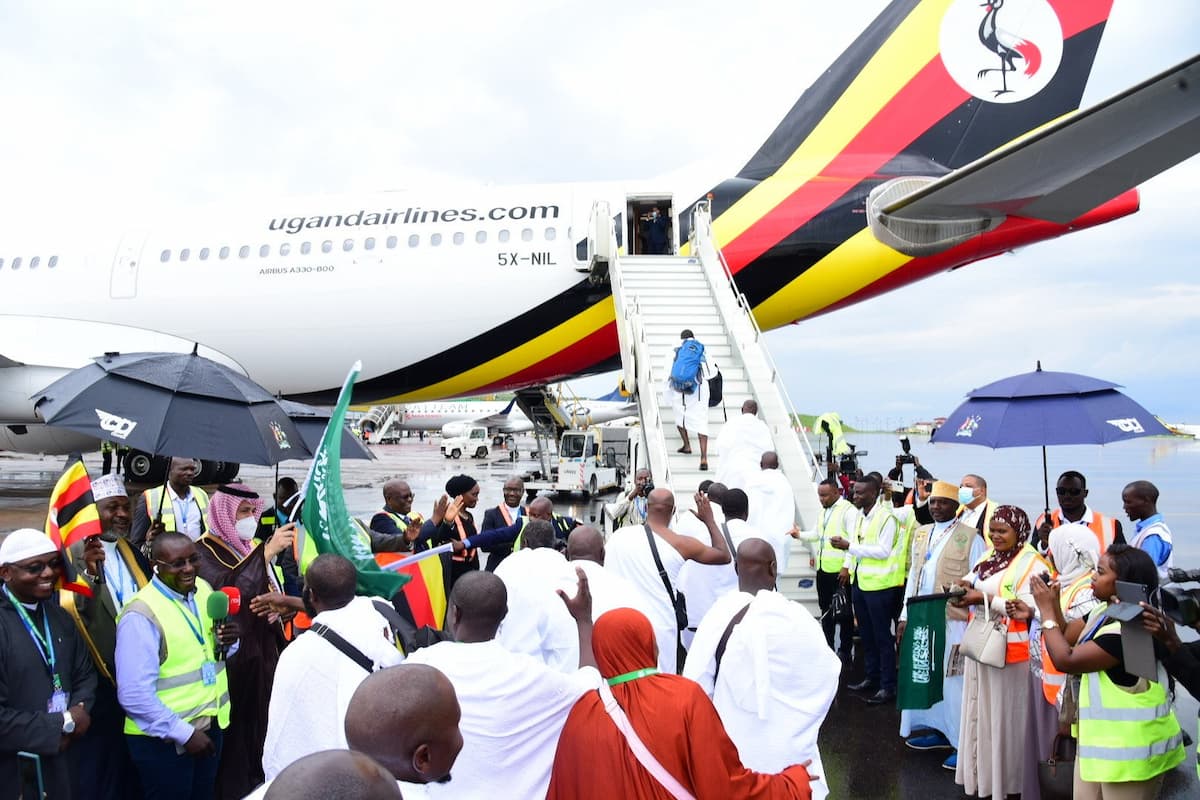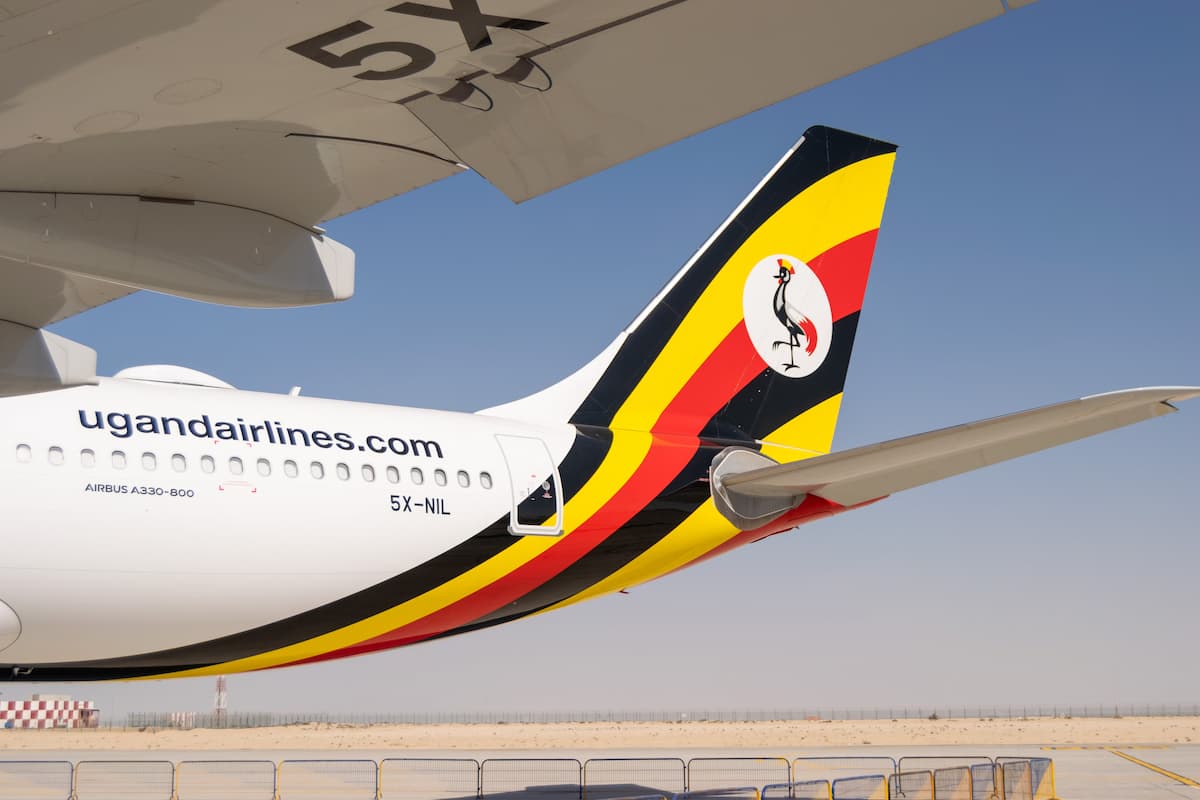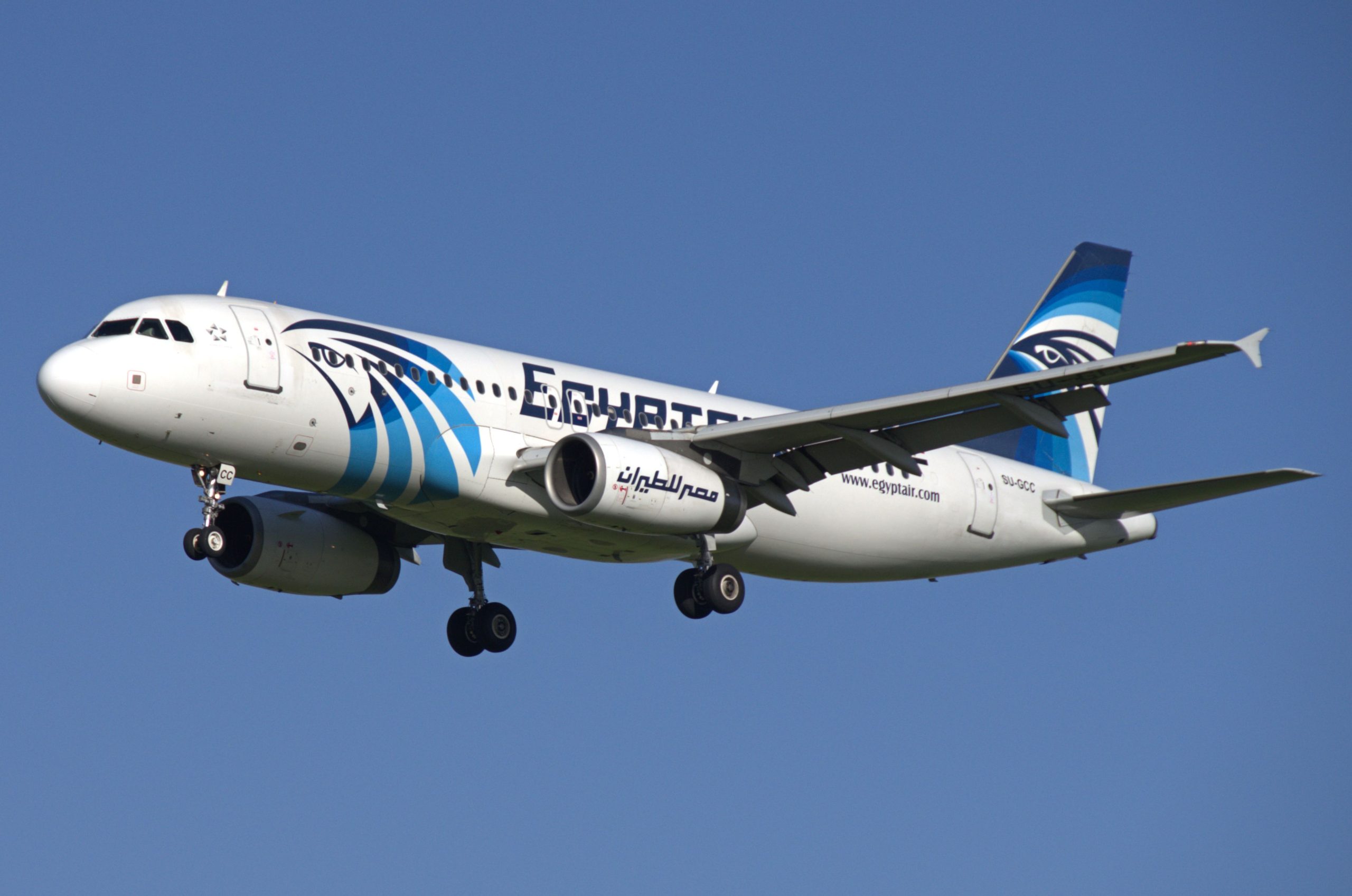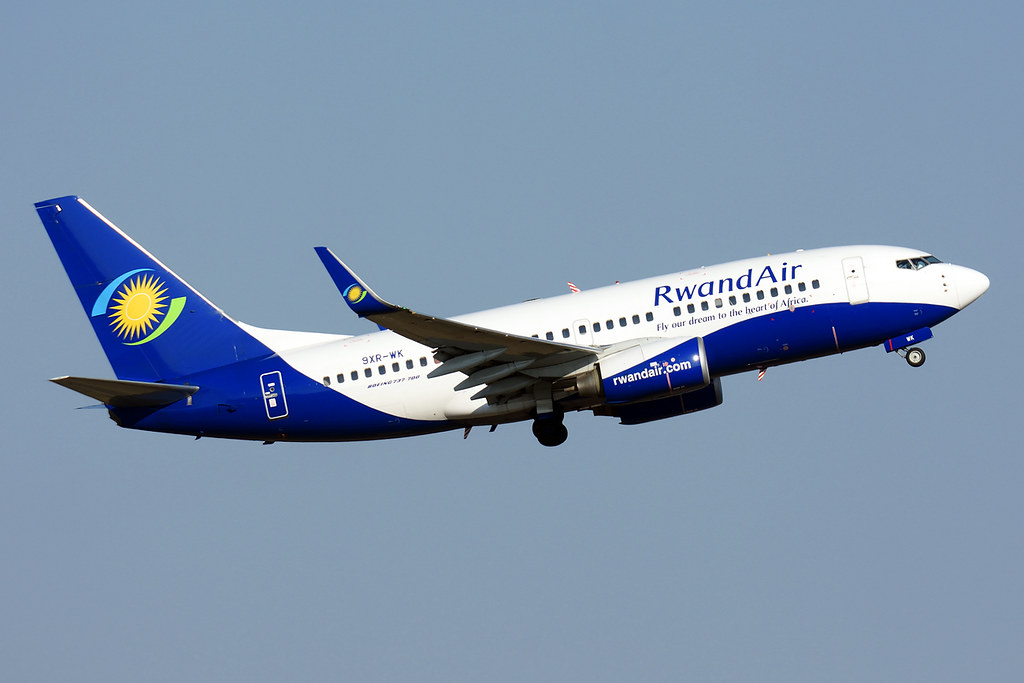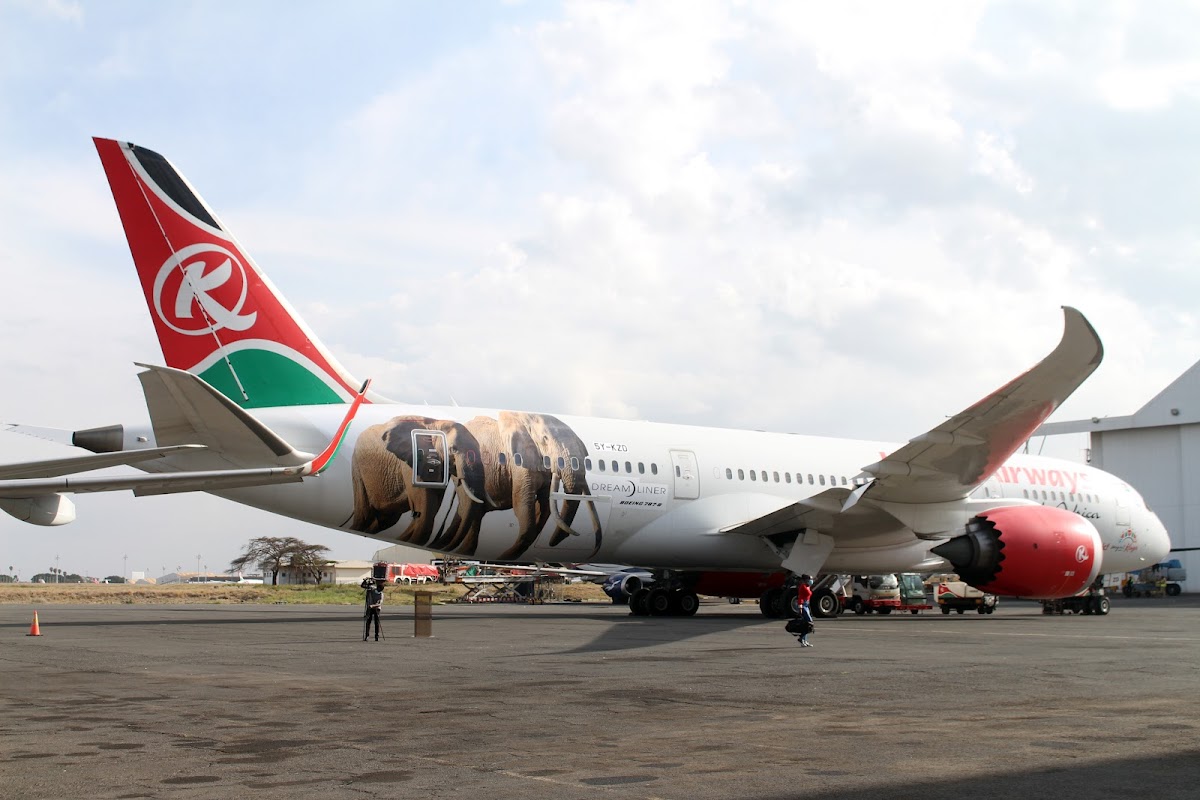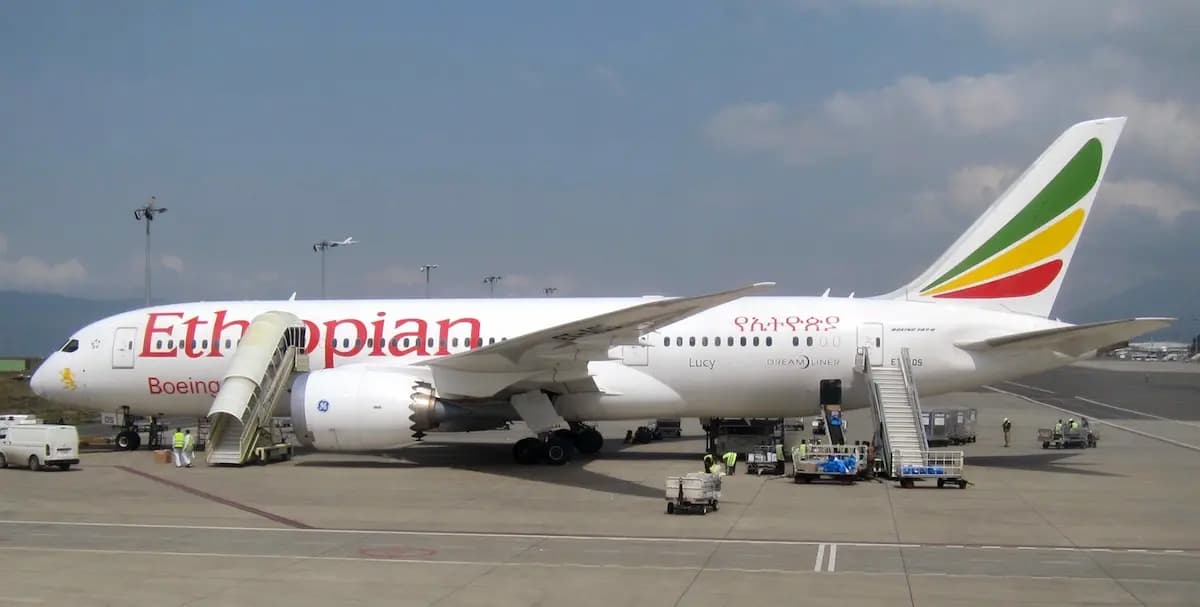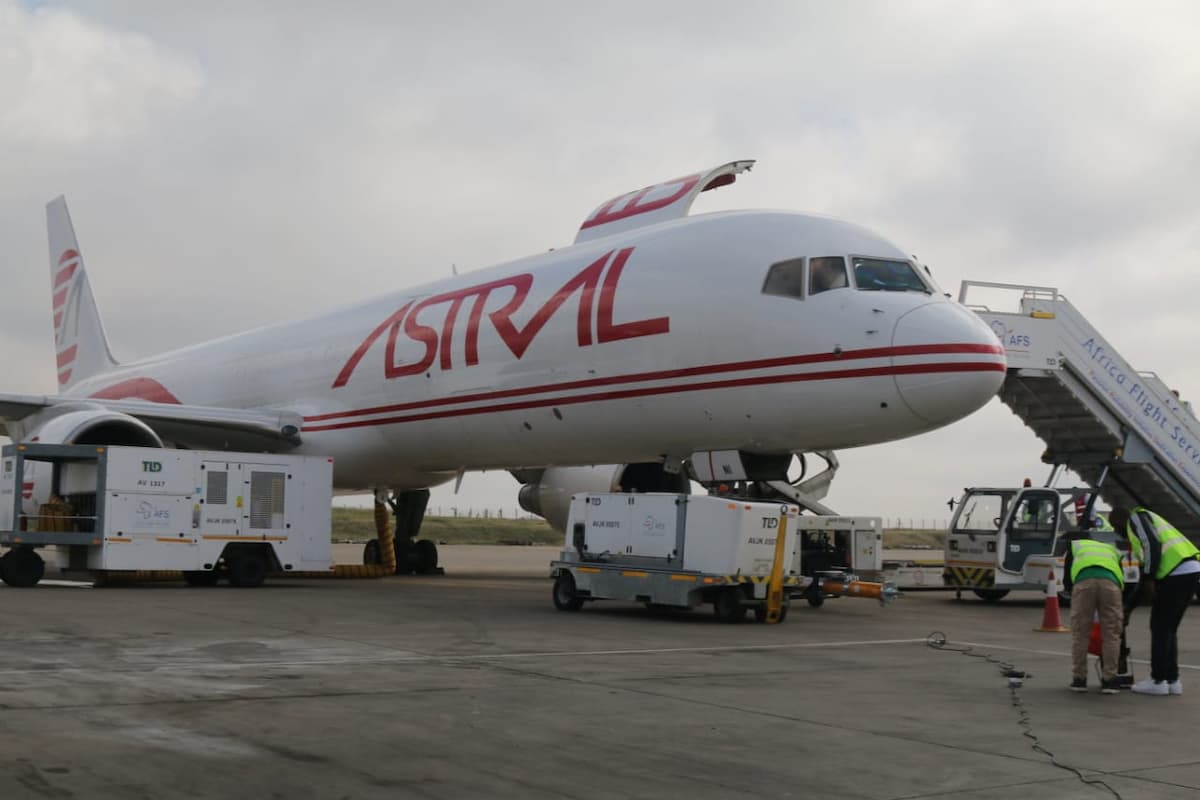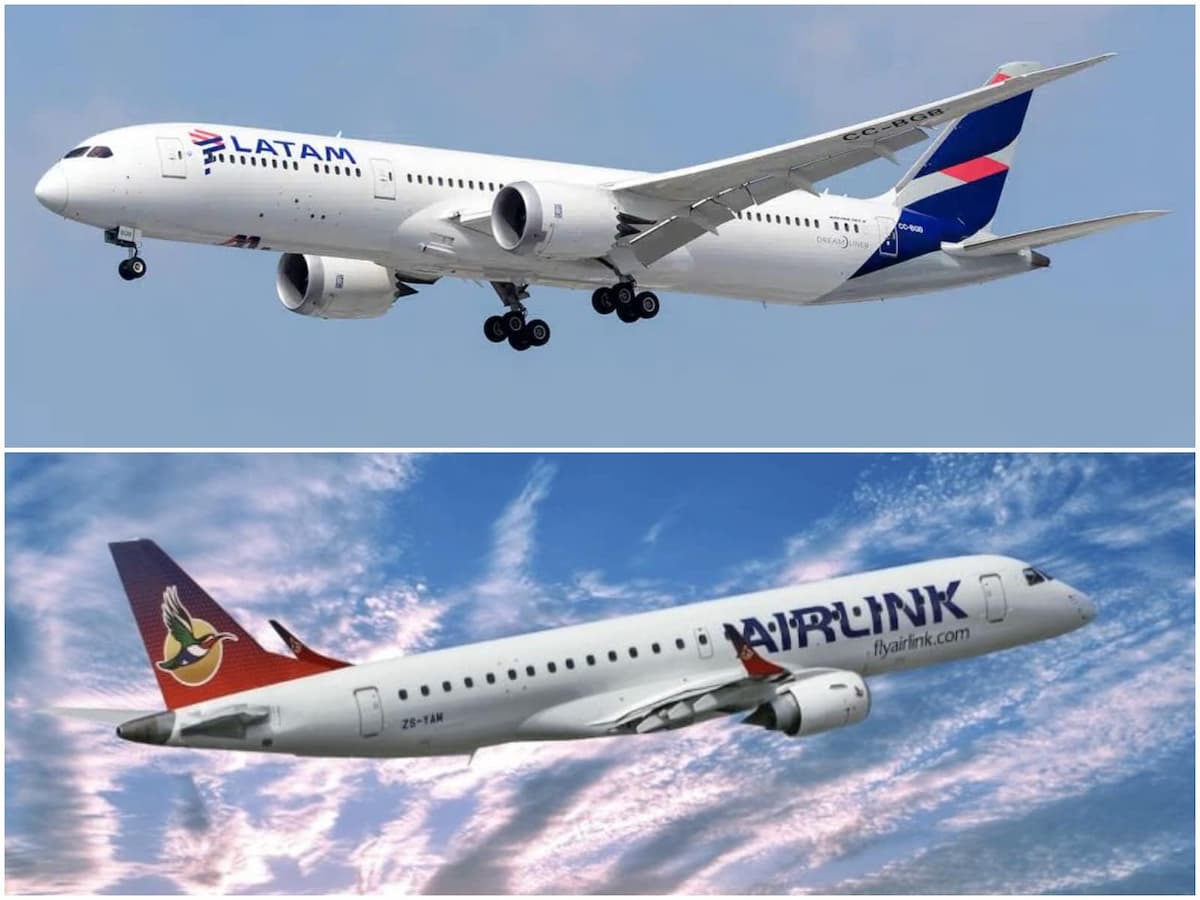Air France-KLM airline group is banking on the growing demand for passenger air services within African continent.
Setting to capture aviation business over the African continent, Air France-KLM is planning major expansion in Africa, banking on the growing demand of air services within the continent. Air France-KLM executives have rated the African skies as a strategic priority for the airline group.
Africa is the fifth biggest business area in the group’s network of 12 regional operations, behind North America, Greater China, Korea and Japan, said Marius van der Ham, the regional manager for the East and Southern Africa, Ghana and Nigeria region.
Air France-KLM has already increased capacity on its Kenya to Europe flights, by 14 percent (14%) this year, van der Ham said.
Air France-KLM operates two daily flights from Nairobi to Amsterdam and Paris, up from a daily flight to Amsterdam and five weekly flights to Paris earlier.
The group is adding three flights on its Paris to Johannesburg route, targeting the growing and higher demand for passengers during the current peak summer travel season.
Air France-KLM has also introduced new flights between Paris and Dar es Salaam in neighboring Tanzania, he said.
“Africa is really strategic for the group,” said Zoran Jelkic, a senior vice president for long haul.
Air France-KLM competes with African carriers like Ethiopian Airlines, Gulf carriers including Emirates and European airlines including British Airways, all of whom are targeting the growing African travel market.
The airline executives have expressed their feelings over the challenges facing operations and markets, including shortages of hard currencies in some destinations, making it difficult to repatriate their earnings.
The Air France-KLM Group already provides daily service to Dar es Salaam, with KLM serving the city daily.
Air France has resumed its direct flights from Paris to Dar es Salaam, making it the 31st route in Sub-Saharan Africa after a 28-year absence.
Dar es Salaam becomes the second destination in Tanzania, joining Zanzibar where the airline has been operating since October 2021 with two weekly flights into the Abeid Amani Karume International Airport in the island.
The airline had launched on June 12th, its three weekly flights to Dar es Salaam using 279-seat 787-9s, its second-smallest wide-body after the A330-200 equipment.
The French carrier had connected Paris Charles de Gaulle (CDG) to Dar es Salaam’s Julius Nyerere International Airport (JNIA) a continuation of the existing service to Zanzibar with a plan to launch five nonstop weekly flights further south between Paris and Antananarivo (TNR) in Madagascar.
Flights to and from Madagascar will be operated for the first time by an Airbus A350-900, the new jewel of the company’s long-haul fleet, equipped with 34 seats in Business, 24 seats in Premium Economy and 266 seats in Economy class.
African air transport market has been growing, attracting big global air carriers including Delta Air Lines which has targeted African skies through partnerships with other, reputable air carriers.
Delta has seen an increase in demand for its African destinations and has identified it as a region of importance, setting to attract passengers traveling between the US and its various destinations in Africa.
The International Air Transport Association (IATA) had indicated that passenger traffic in Africa has recovered in 2023 with growth of which Central and West Africa recorded 108 percent (108%) growth, Eastern Africa at 110 percent (110 %) and Northern Africa at 111 percent (111%) against the of 2019 growth rates.
Passenger traffic in Southern Africa has been recovering at 86 percent (86%) as positive expectations indicate rising number of passengers from Africa next year (2024).
SOURCE: eturbonews

